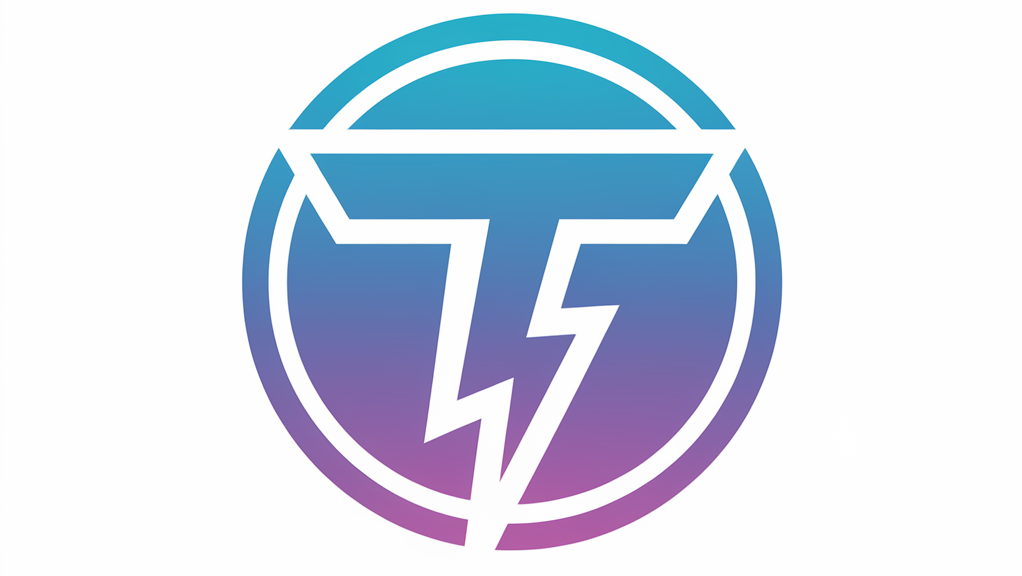The Rise of Artificial Intelligence: Transforming the World Around Us
In the 21st century, Artificial Intelligence (AI) has become one of the most transformative technologies, shaping industries, economies, and even daily life. From virtual assistants like Siri and Alexa to complex systems driving self-driving cars, AI is no longer a futuristic concept but a present reality. Let’s dive into the world of AI and explore its impact, challenges, and potential future.
Understanding Artificial Intelligence
AI refers to the simulation of human intelligence processes by machines, particularly computer systems. These processes include learning (acquiring information and rules for its use), reasoning (using rules to reach approximate conclusions), and self-correction. At its core, AI aims to enable machines to perform tasks that typically require human intelligence, such as recognizing speech, solving problems, and making decisions.
Applications of AI in Everyday Life
- Healthcare: AI-powered tools assist in diagnosing diseases, analyzing medical images, and predicting patient outcomes. For instance, IBM’s Watson Health analyzes complex medical data to aid doctors in personalized treatment plans.
- Transportation: Autonomous vehicles, powered by AI, are revolutionizing how we commute. Companies like Tesla and Waymo are leading the charge with self-driving technologies.
- Finance: AI is transforming the financial sector through fraud detection, algorithmic trading, and personalized financial advice. Chatbots and virtual assistants provide seamless customer service experiences.
- Retail: Personalized shopping recommendations, inventory management, and automated checkouts are just a few ways AI enhances the retail experience.
- Entertainment: Streaming platforms like Netflix and Spotify leverage AI to suggest content based on user preferences, ensuring a tailored experience.
Challenges in AI Development
While AI offers numerous advantages, it also presents significant challenges:
- Ethical Concerns: Questions about data privacy, surveillance, and the potential misuse of AI in areas like deepfakes and autonomous weapons remain pressing.
- Job Displacement: Automation powered by AI may lead to job losses in certain sectors, requiring a rethinking of workforce dynamics.
- Bias in Algorithms: AI systems can inherit biases from the data they are trained on, leading to unfair or discriminatory outcomes.
- Energy Consumption: Training large AI models requires immense computational power, raising concerns about environmental sustainability.
The Future of AI
The potential of AI is immense. Innovations in quantum computing, natural language processing, and robotics are expected to push the boundaries of what AI can achieve. Moreover, collaborative efforts between governments, academia, and industry will be crucial in addressing its challenges and ensuring ethical development.
In education, AI is poised to provide personalized learning experiences. In agriculture, AI-driven drones and sensors could optimize crop management. The possibilities are vast and limited only by human imagination and ingenuity.
Conclusion
Artificial Intelligence is no longer just a buzzword; it is a force reshaping the world. While it presents challenges, its potential to improve lives, drive innovation, and solve pressing global issues is undeniable. As we continue to harness the power of AI, fostering responsible development and ethical use will be key to unlocking its full potential.
